BLM Signs Environmental Assessment to Streamline Fuels Reduction Projects
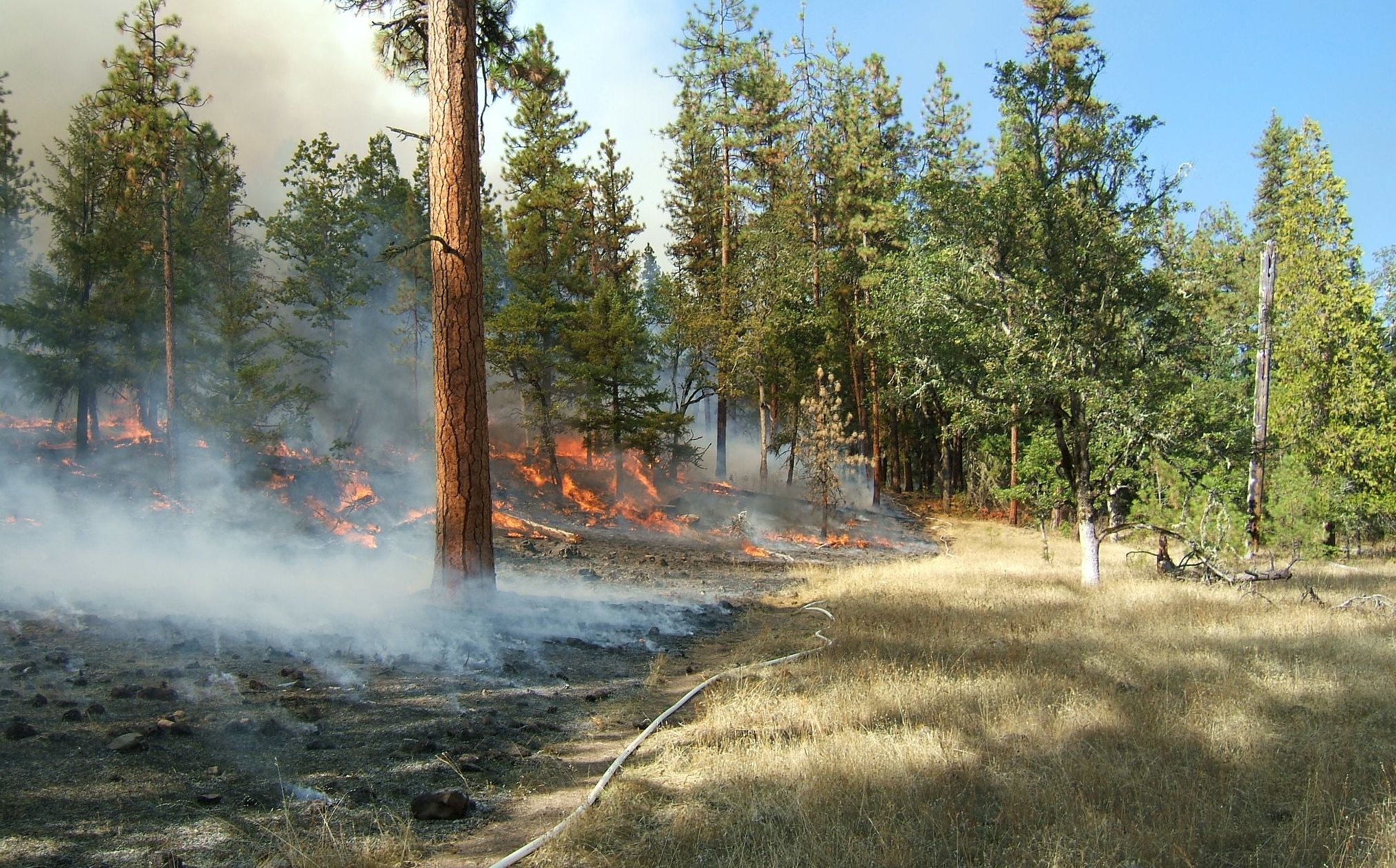
BLM Signs Environmental Assessment to Streamline Fuels Reduction Projects
Taking an aggressive approach to reduce wildfire risk in California and northwest Nevada, the Bureau of Land Management signed the Statewide Wildland-Urban Interface Fuels Treatment Programmatic Environmental Assessment.
Several years in the making, the Assessment will streamline planning processes allowing fuels reduction projects to move forward quickly when funding is available. This tool will be accessible to other organizations that want to coordinate fuels treatments adjacent to BLM lands, such as fire safe councils and private landowners. It’s estimated the Assessment will allow an additional 20,000 acres of public land to be treated each year, bringing the Task Force closer to reaching target milestones in the Fire-Adapted Communities Key Action areas.
On August 8, 2023 BLM officials signed a Decision Record signing to signify the beginning of the Assessments’s implementation.
The fuels reduction project that this Assessment will help streamline aims to reduce the intensity, severity, and the spread of wildfire on public lands by reducing overgrowth, creating fuel breaks and thinning forest density. As a result, communities in and around BLM lands will experience reduced likelihood of loss of life, property, and community infrastructure from wildfires.
The 2021 Caldor Fire: One Year Later Video Series
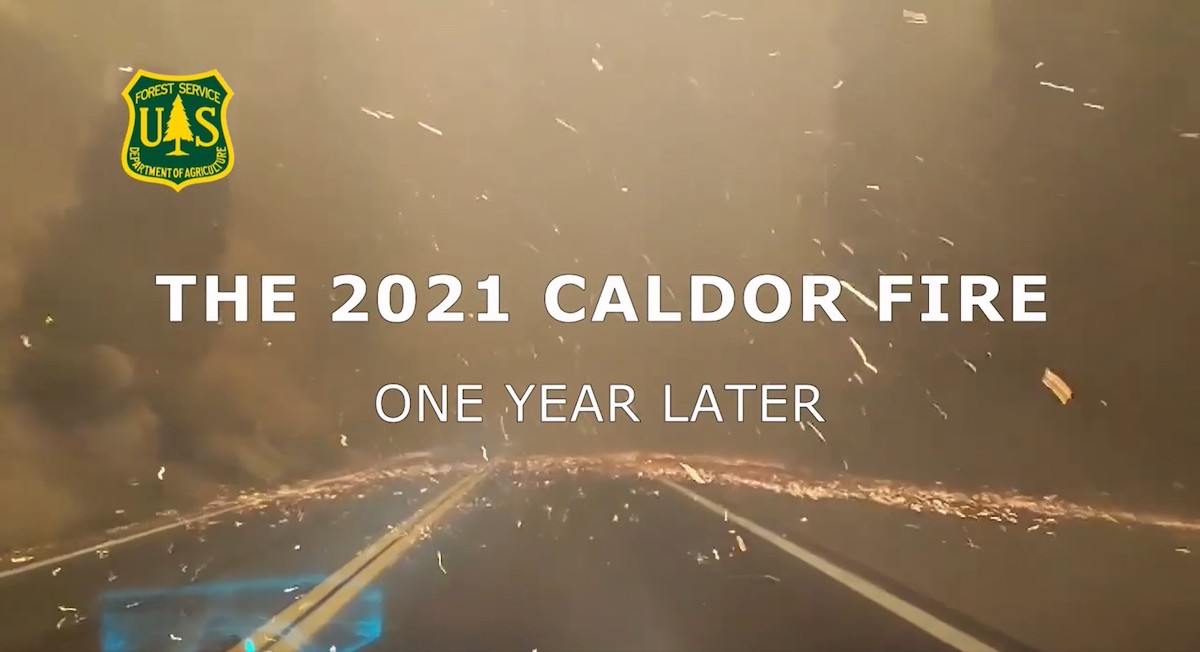
The 2021 Caldor Fire: One Year Later Video Series
October 21, 2022, marks exactly one year since the Caldor Fire was completely contained.
Over the last year and with months of research and collaboration, the Eldorado National Forest released a four-part series examining the Caldor Fire. This series reviews the suppression efforts that took place, the fire behavior challenging firefighters, the road to rehabilitation and restoration, and what is being done now to lower the future risk of fire to communities.
RESOURCES
Episode 1: Initial response and experiences of firefighters who not only worked but also lived in the area
Episode 2: How fire behavior and fuel conditions made for a challenging fire fight
Episode 3: What restoration and rehabilitation work has occurred and its importance
Episode 4: What is being done to reduce extreme wildfire behavior
Wildfire-Safety Work Completed in South Fork Mokelumne Watershed
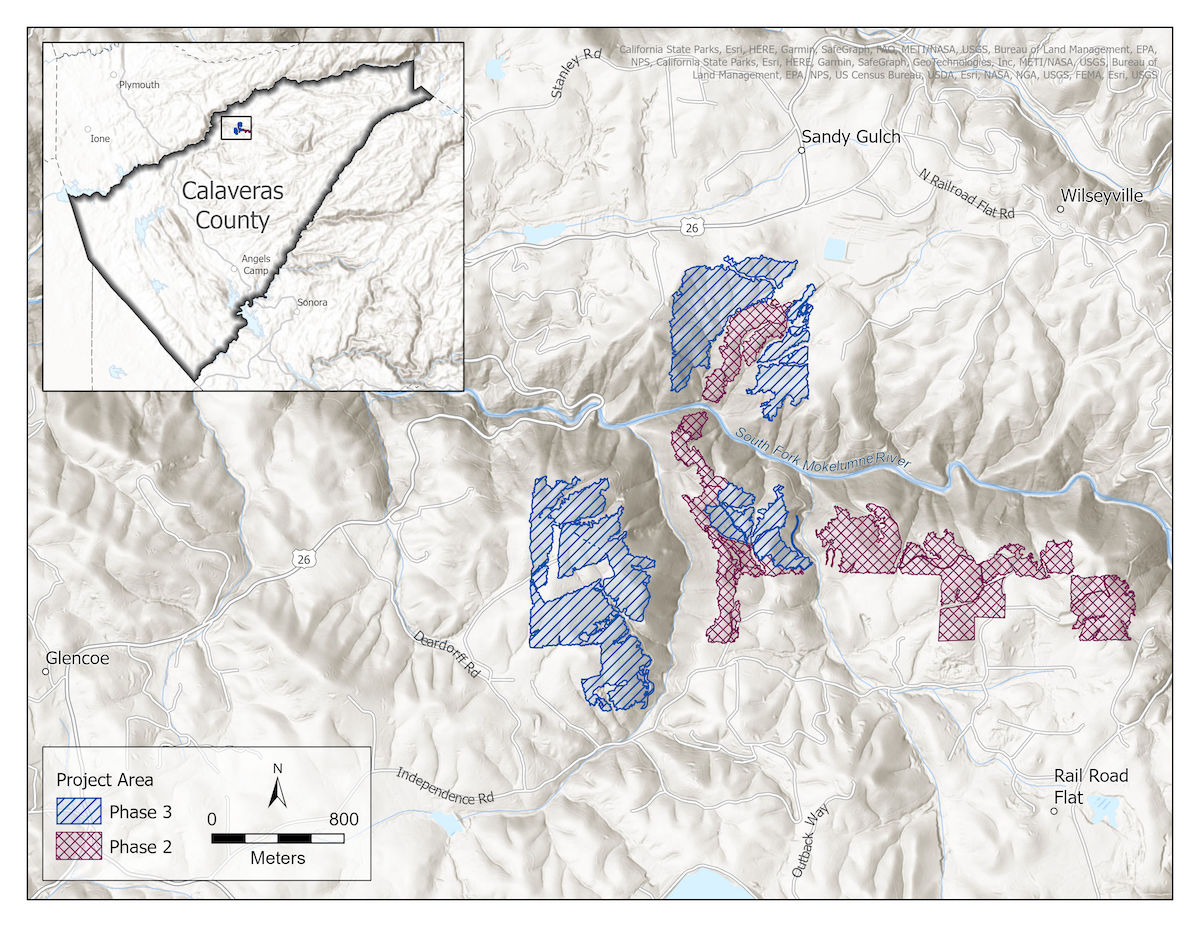
Wildfire-Safety Work Completed in South Fork Mokelumne Watershed
One year after the 2015 Butte Fire destroyed nearly 500 residences nearby, CAL FIRE identified the South Fork Mokelumne River watershed as a top priority for fuels reduction in order to protect communities from future wildfires. With the recent completion of the South Fork Mokelumne River Watershed Restoration Project Phase 3, many of those wildfire worries have, fortunately, been doused.
Funded by the Sierra Nevada Conservancy (SNC) in 2019, Phase 3 removed small-diameter trees and ladder fuels on 285 acres of dense, pine-plantation forests managed by the Bureau of Land Management (BLM), completing the project’s goal of restoring roughly 500 acres of forest. Considering the project area borders many neighborhoods and is surrounded by nearby towns, such as Glencoe, Sandy Gulch, Rail Road Flat, and Wilseyville, this strategic work should greatly reduce the threat of wildfire for thousands of Calaveras County residents.
Biden Signs Inflation Reduction Act Affecting Health, Climate and the Economy
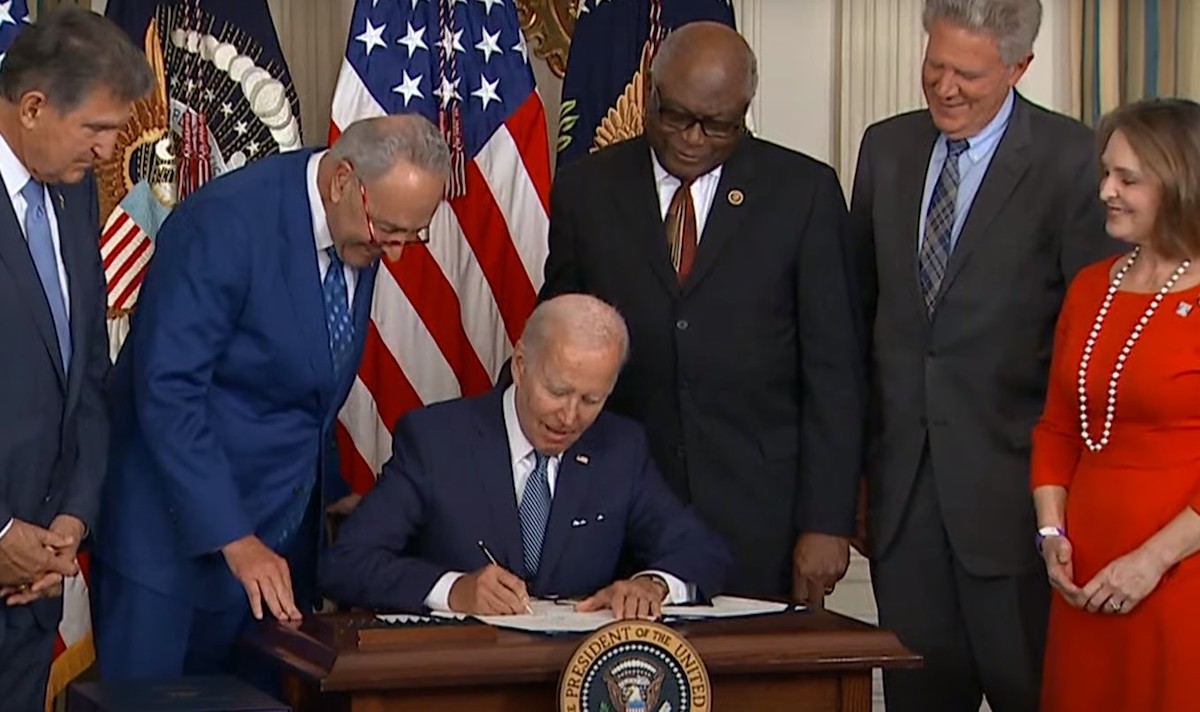
Biden Signs Inflation Reduction Act Affecting Health, Climate and the Economy
Biden Signs Inflation Reduction Act Affecting Health, Climate and the Economy. On August 16, President Biden signed a landmark climate change and health care bill into law. The Act includes the most substantial federal investment in history to fight climate change — some $375 billion over the decade, and significant investments in wildfire and forest resilience including:
Wildfire Resilience and Ecosystem Restoration
- $1.8 billion for hazardous fuels reduction projects on National Forest System land within the wildland-urban interface.
- $200 million for vegetation management projects on National Forest System land.
- $250 million for conservation, ecosystem, and habitat restoration projects on National Park Service and Bureau of Land Management lands.
Climate-Smart Forestry for Non-Federal Forest Landowners
- $450 million for grants to support climate mitigation, forest resilience, and carbon sequestration and storage practices.
Urban and Community Forests
- $1.5 billion for competitive grants to cities, tribal nations, nonprofits, and other eligible entities.
Forest Conservation
- $700 million for competitive grants through the Forest Legacy Program.
Forest Products and Innovation
- $100 million for grants under the Wood Innovation Grant Program.
RESOURCES
CalRec Vision Whitepaper
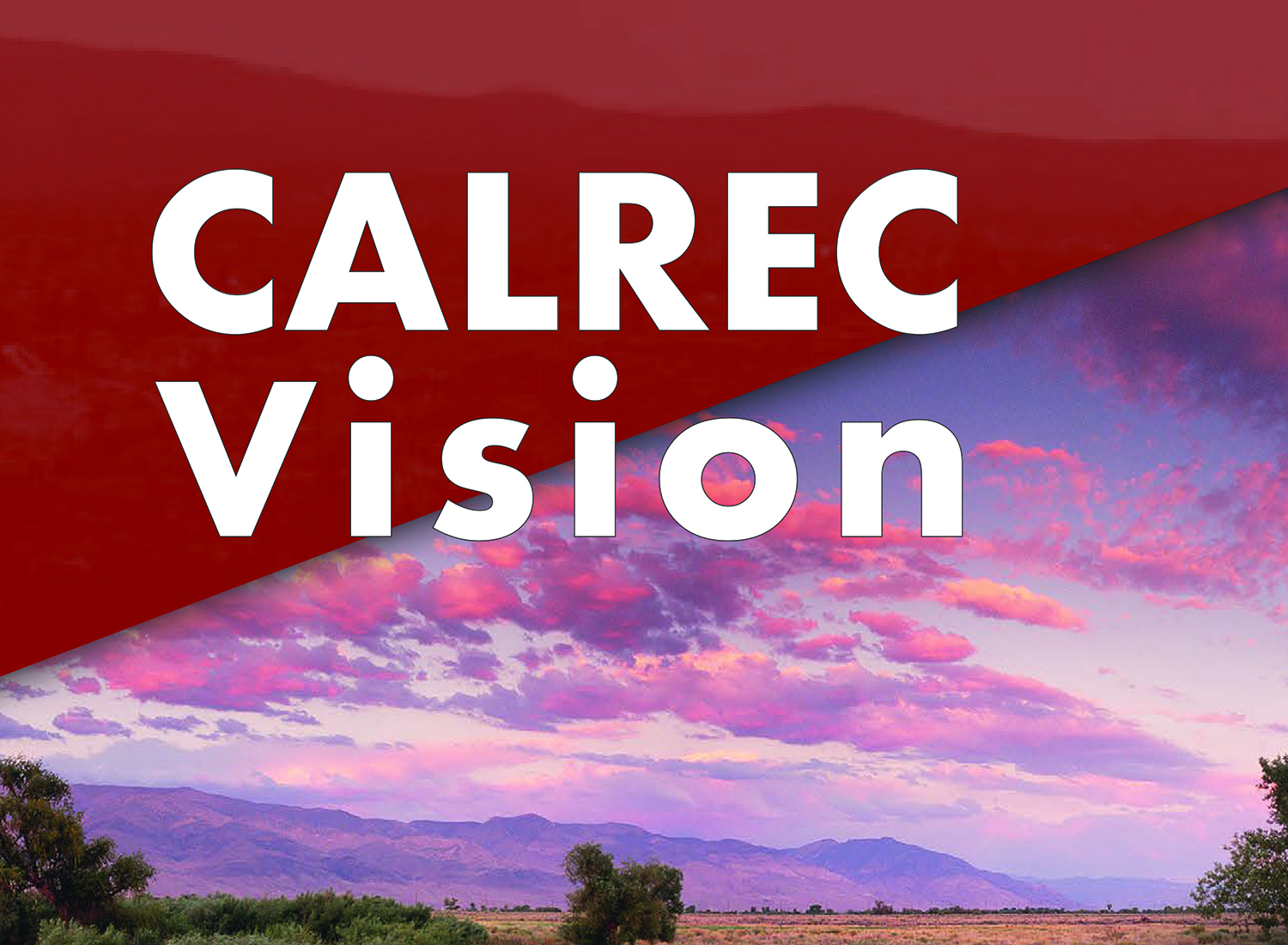
CalRec Vision Whitepaper
Over several months in 2020, MLTPA convened and facilitated an advisory committee of federal, state, and regional participants, which met and produced the CALREC Vision white paper. This white paper sufficiently inspired the California Wildfire and Forest Resilience Task Force to task MLTPA with the establishment, convening, and facilitation of the Key Working Group to deliver Key Actions 3.13 and 3.14 from California’s Wildfire & Forest Resilience Action Plan.
Congress' plan to save California’s giant sequoias from worsening wildfires
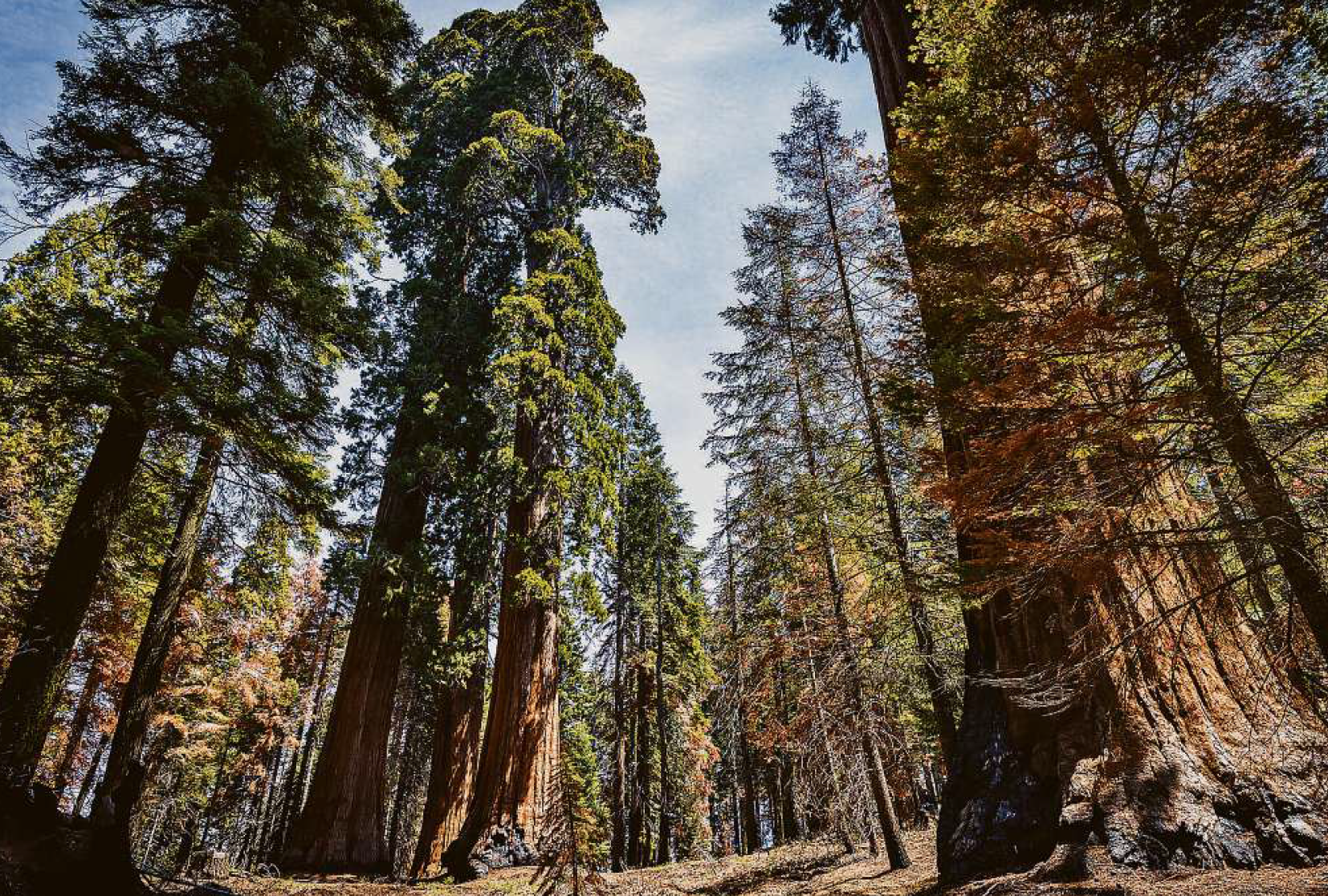
Congress' plan to save California’s giant sequoias from worsening wildfires
Over the past two years, nearly a fifth of all giant sequoias, once considered virtually immune to wildfire, burned so badly they died. Fire experts fear more lethal blazes are imminent.
In a rare show of bipartisanship, California’s Democratic Rep. Scott Peters of San Diego and Republican House Minority Leader Kevin McCarthy of Bakersfield plan to introduce the Save our Sequoias Act, a bill that would provide money and support to restore and help fireproof the venerable giants.
